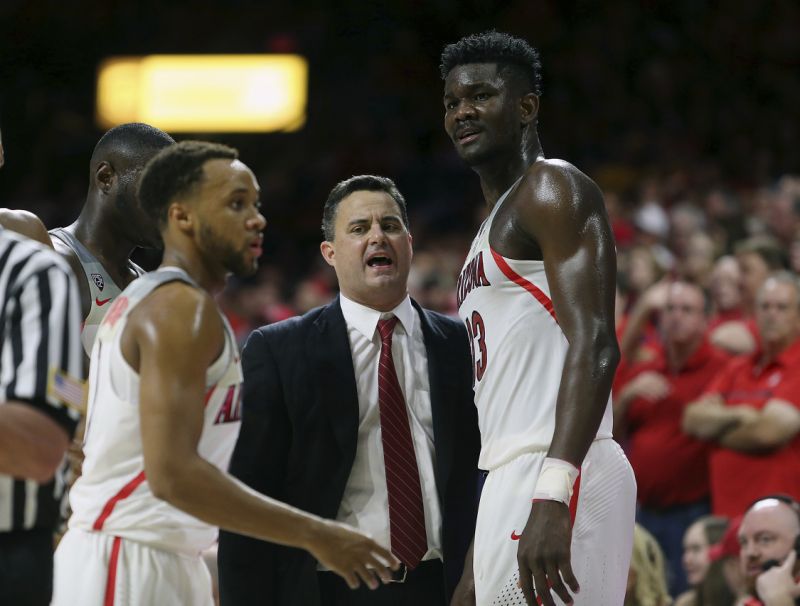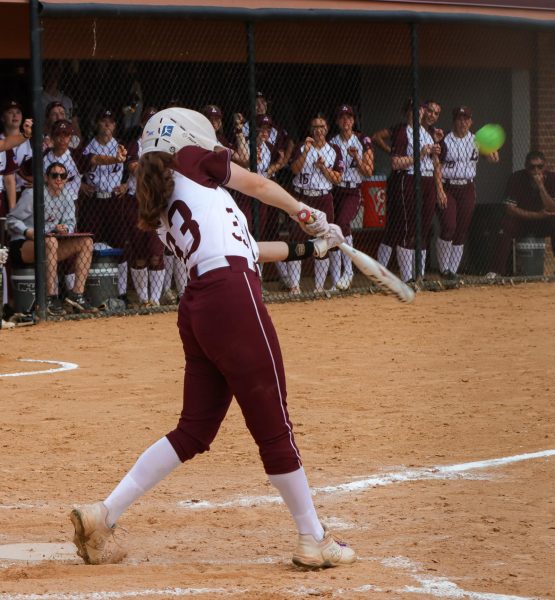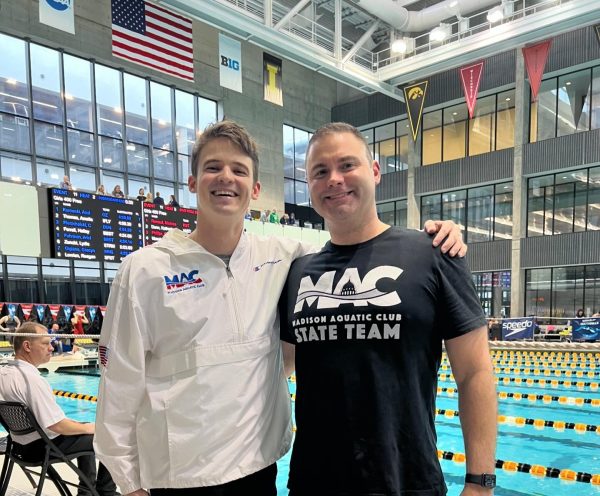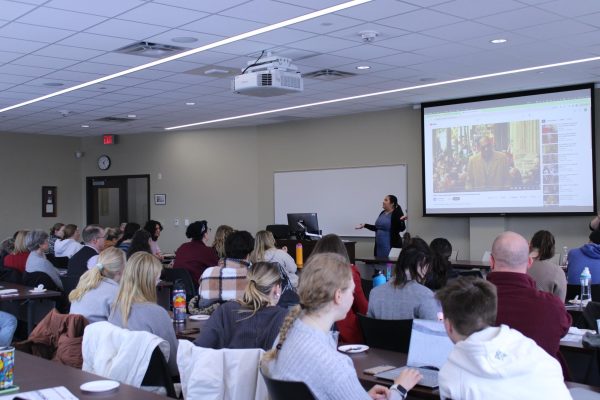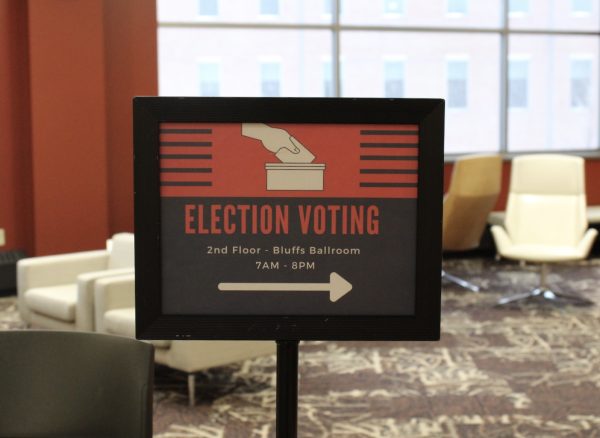Viewpoint: It’s Time to Pay College Athletes
March 3, 2018
Yahoo Sports recently published a report that said that the ongoing FBI investigation would completely change the sport of college basketball with the sheer number of players, coaches, and organizations that have been linked to bribery. Then, a couple days later, ESPN published a report saying that the FBI had a wiretap of Arizona Coach Sean Miller discussing paying current Arizona player DeAndre Ayton $100,000.
It is widely accepted that the NCAA, especially NCAA basketball, is corrupt. Multiple NBA players, including LeBron James, Lonzo Ball, and Ben Simmons, have stated how everyone knows the NCAA is corrupt. According to Hannah Withiam of the New York Post, Ball said, “Everybody’s getting paid anyway. You might as well make it legal. That’s how I feel.”
Now just because everyone is doing something illegal, that doesn’t mean that it should be legal. However, college athletes should be paid for what they do—nothing extravagant, but compensation for what they do—as they generate revenue for the schools.
College athletes are adults. They should be allowed to make money and profit from their own name and likenesses. As the rules currently stand, they cannot. If some schools have the players’ names on the back of the jerseys, and they sell replica jerseys, why not sell the ones with the names on the back and let the players have a portion of the proceeds, like in the pros?
The coaches get paid, and they get paid handsomely. According to Sports Illustrated in March 2018, Mike Krzyewski, the head Duke men’s basketball coach, makes $8.98 million a year. If you take just 1/3 of his salary and divide it evenly amongst the 14 players listed on the roster, each player would get $213,809 a year. This is way more than what I think they should be paid, but it shows you the discrepancy.
There have also been cases like those of Shabazz Napier. In 2014, Napier, then playing for the University of Connecticut, said to reporters that there were nights that he went to bed hungry. He said this was because while his scholarship gives him free food, he spends so much time with the basketball team that all the main dining halls were closed by the time he could go get dinner.
Now the implementation of this would, without a doubt, be insanely difficult. The amount of payment to give each individual sport and gender who plays the sport would be near impossible to figure out. I don’t believe college athletes should be paid anything excessive, but a living wage. Also, however much is paid to one sport, the EXACT SAME amount should be paid to the women’s equivalent of the sport, if there is one. No exceptions.
Now what about us? UWL is a Division III school and does not give out scholarships for athletics. But this doesn’t mean that the athletes aren’t putting in work. The men’s track and field team just won their 17th straight indoor conference title; the women won their sixth straight. It would be difficult, almost impossible, to pay all college athletes at all sports, as D-III does not generate nearly the amount of revenue that D-I sports do. I think this is fair because D-III teams and sports do not have to travel nearly as much as higher divisions, giving them more time for their studies.
College athletes put way too much work into what they do to not receive payment. In many cases, the scholarship is not equivalent to what the university will make off these students. As exhibited by the recent controversies with bribery in the NCAA to the exploitation of Olympic Athletes, there is corruption in sport and it’s time to change that.

